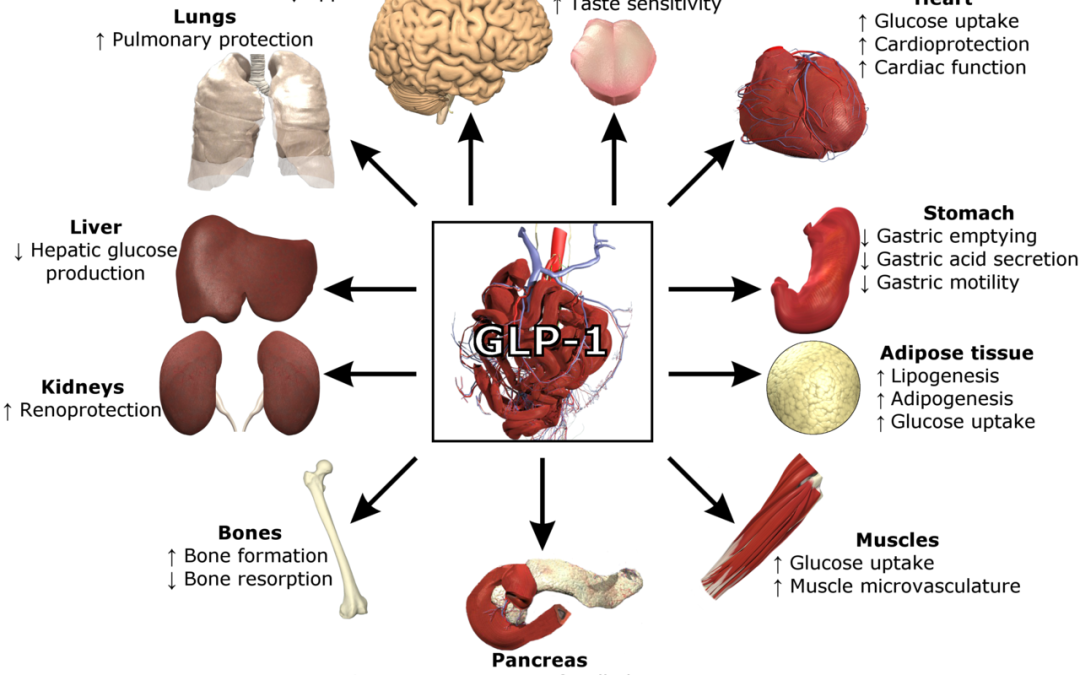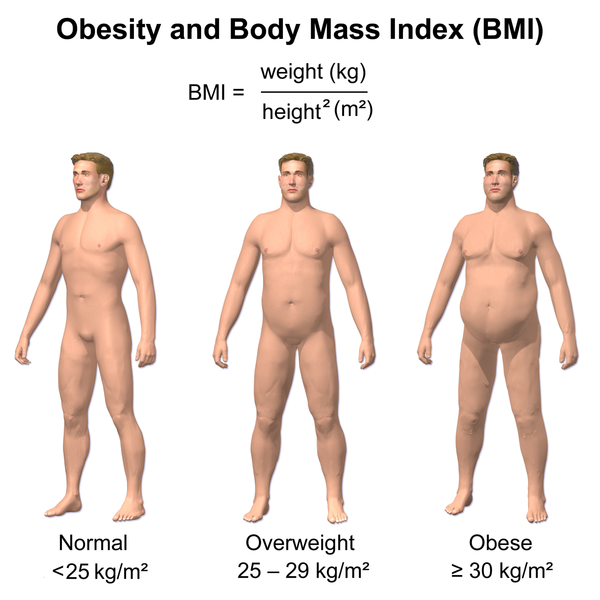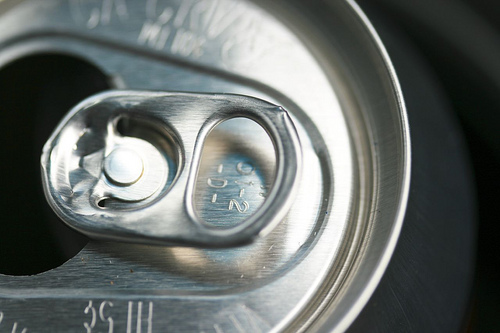
by Dr. Michael Murray | Apr 5, 2023 | Most Recent, Natural Facts, Weight Loss
Invest In Your Health There is a Better Choice for Weight Loss The latest prescription weight loss craze is a once-weekly injection of Wegovy (semaglutide) at a cost of over $1,400 per month. Wegovy is a higher dosage version of Ozempic, a drug also produced by big...

by Dr. Michael Murray | Oct 23, 2016 | Weight Loss
Introduction: Lets face it, most Americans are overfed, but undernourished. It is entirely possible that one of the contributing factors to the obesity epidemic is actually a shortage of the various phytochemicals our body utilizes to promote health. Our bodies may...

by Dr. Michael Murray | Feb 10, 2016 | Weight Loss
Introduction: As scientists strive to find answers to the modern epidemic of obesity-related health problems, they are discovering a complex system within the brain that is playing a huge role in fueling the lower quality of life and dramatic rise in...

by Dr. Michael Murray | Nov 17, 2015 | Weight Loss
Introduction: The research is quite clear that safe and effective weight loss is not about will power, deprivation, or counting calories. Ultimately, weight loss success is most often attributed to strategies and tools that impact appetite and portion control. In...

by Dr. Michael Murray | Sep 22, 2015 | Weight Loss
Introduction: Many people consume artificial sweeteners, especially in “diet” soft drinks, thinking it will help them reduce calories and lose weight. However, numerous studies over the years have challenged this conventional wisdom. In fact, the latest evaluation of...

by Dr. Michael Murray | Jun 2, 2015 | Weight Loss
Introduction: The research is quite clear that safe and effective weight loss is not about will power or deprivation. Ultimately, weight loss success is most often attributed to strategies and tools that impact appetite and portion control. In particular, the ability...









